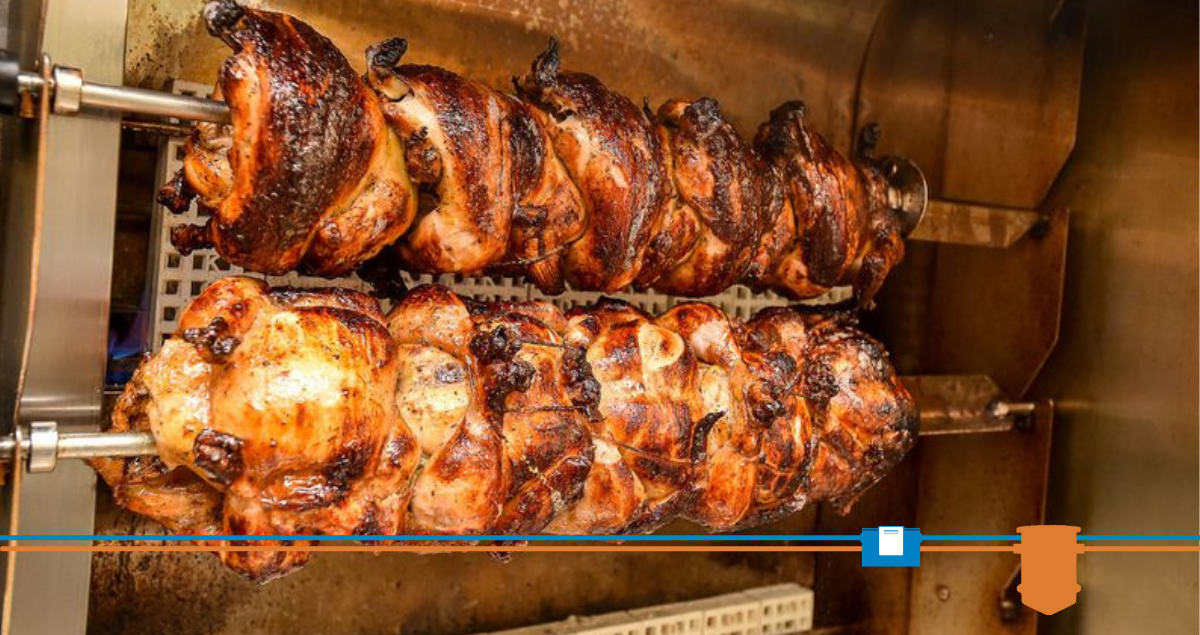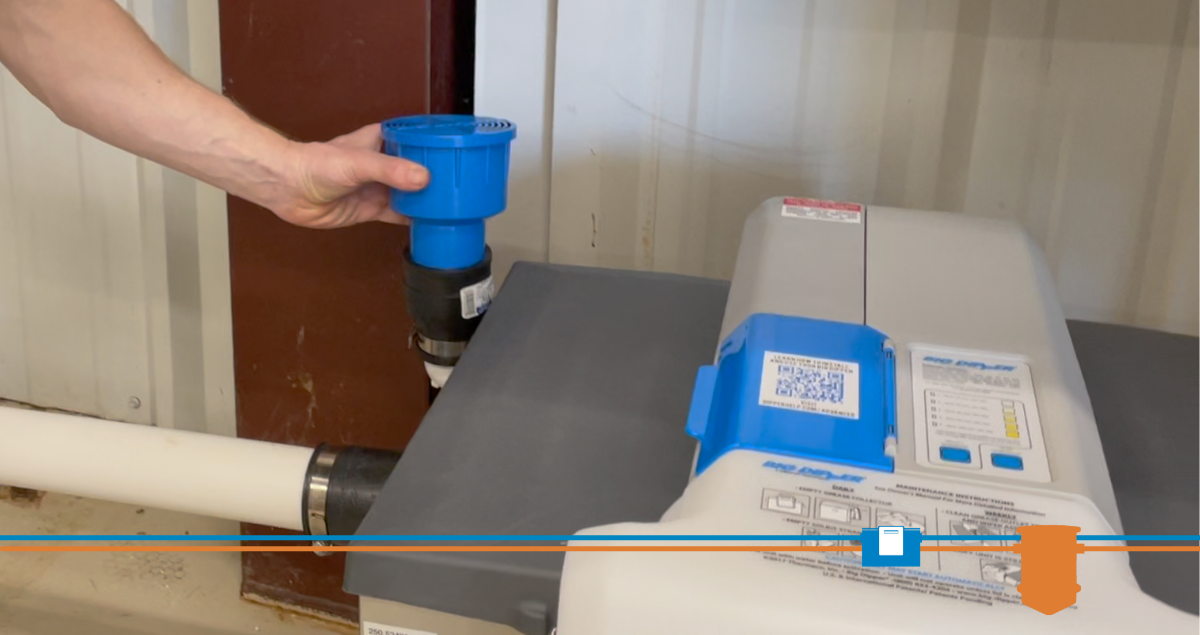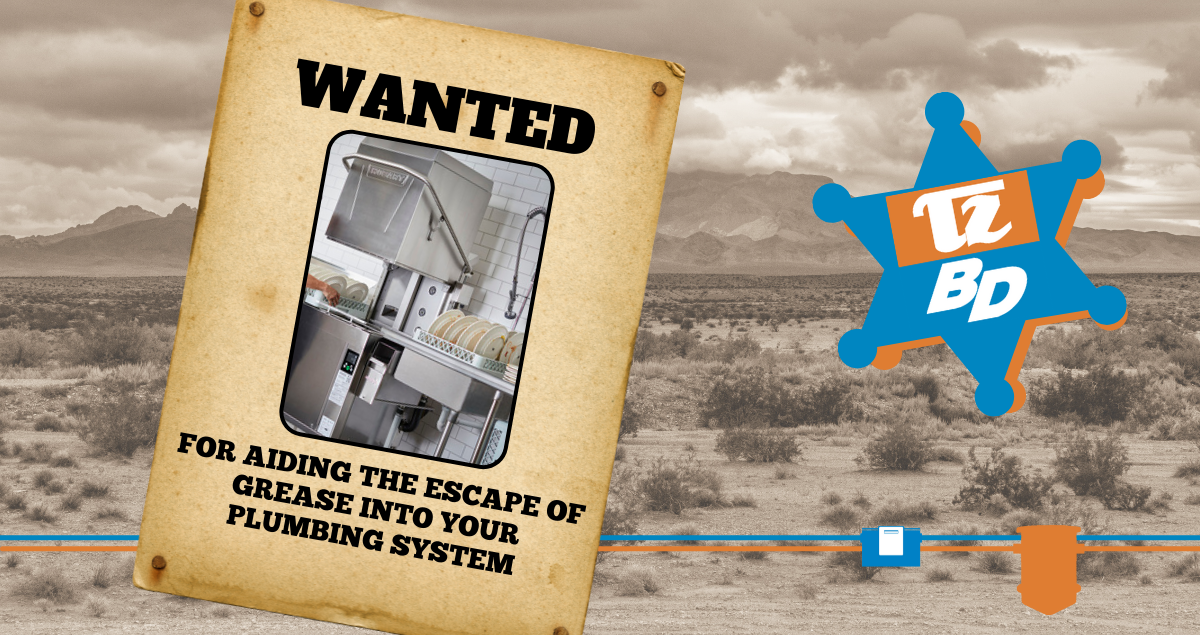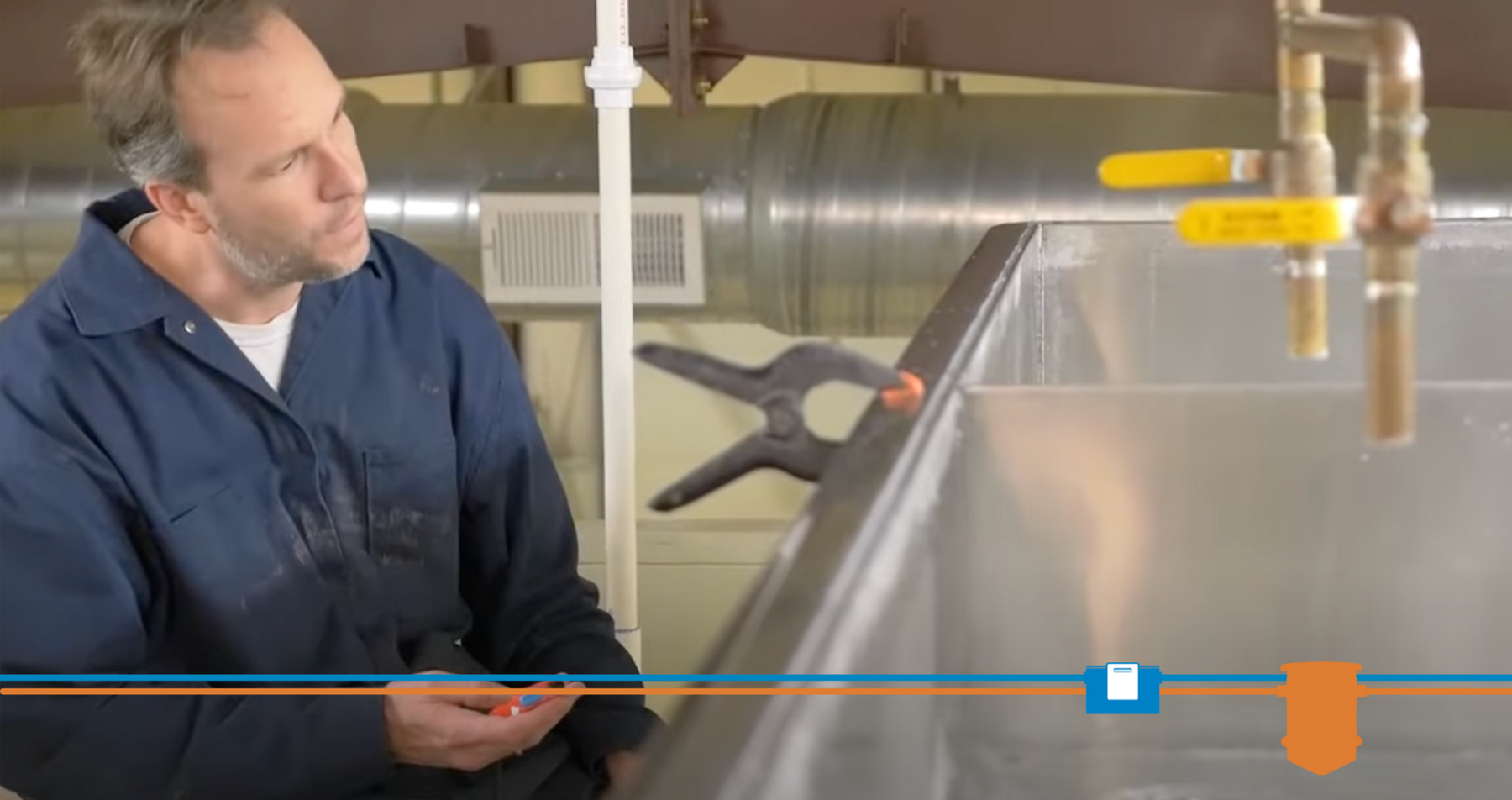11 best management practices to control grease in your commercial kitchen
- Sep 15, 2015
Though having a grease interceptor is required in virtually all commercial kitchens, there’s much more to controlling fats, oils and grease (FOG).
Why should you care? It’s not just about staying in compliance with government regulations and avoiding fines or even potential shutdowns.
Best management practices to control FOGs in your kitchen will also save you money on maintenance and reduce the risk of costly, emergency plumbing repairs inside your building.
Here are eleven best management practices to control grease, save money and protect your business’ reputation.
1. Clean your grease interceptor regularly. Owning a grease interceptor means maintaining it properly, and the most important form of maintenance is regular cleaning. To ensure your grease interceptor is cleaned at the right frequency, you should consult the manufacturer for recommendations. And whether you outsource cleaning to a contractor or have your kitchen staff handle it, keeping a maintenance log will can prevent you from falling behind.

2. Post “No grease” signs above sinks and in front of dishwashers. Grease shouldn’t go through sinks or dishwashers if you can help it. By keeping it out of the flow of effluent you’ll reduce the frequency of grease interceptor cleaning. You’ll also keep grease out of your internal plumbing, where it can cause clogs and lead to expensive repairs.
3. Recycle waste cooking oil. More cooking oil than ever is being recycled into biodiesel fuel. By recycling your used cooking oil you can transform this waste product from an expense to a revenue source.
4. Dry wipe pots, pans and dishware before cleaning. Dry wiping reduces the amount of grease that enters your sewage effluent. That means less frequent grease interceptor cleaning and fewer possible plumbing problems.
5. Use strainers to catch food scraps and other solids. Just as grease can cause problems in your plumbing and in the local sewer system, so can solid food scraps. In-sink strainers reduce this problem considerably, and are easily emptied.
6. Dispose of food waste by recycling or discarding with solid waste. Whether its grease-soaked paper towels from dry wiping dishes, food waste caught in a strainer or other food waste, don’t try to send it down the sewer. Food waste of all kinds can be discarded with other solid waste. Some food scraps can also be recycled, yet again turning waste into an asset.
7. Do not pour grease down sinks or toilets. Sinks and toilets are not designed to handle grease. Pouring grease down them will eventually come back to haunt you, either in the form of plumbing clogs inside your building, or fines from grease illegally being released into the wastewater system.
8. Regularly clean kitchen exhaust filters. Grease can accumulate on kitchen exhaust filters, eventually ending up on the exterior of your building. On the exterior, that grease can be washed by rain into the storm sewers. Grease building up on exhaust filters also represents a major fire hazard.
9. Cover outdoor oil and grease containers. If you are storing waste grease or used cooking oil outside, make sure you cover the containers. Rain can cause outdoor containers to overflow, sending grease into storm drains.
10. Locate outdoor grease storage containers away from storm drain catch basins. This ensures that if there is a leak or an overflow, little or no grease will escape into the wastewater system.
11. Train your kitchen staff on FOG best management practices! Finally, none of these best practices will make a difference if your kitchen staff doesn’t know about them. Best management practices for fats, oils and grease should be a standard part of training for all kitchen employees. Don’t let someone else create problems for your commercial kitchen due to a lack of training.
Best management practices for FOG are not just about following the rules. Implementing them can save you money, reduce the risk of fines or emergency plumbing problems. And they allow you to say that you’re doing your part to keep our wastewater systems clean.







